
Patients with human papillomavirus–associated oropharyngeal squamous cell carcinoma experienced efficacious survival benefits from treatment with primary radiotherapy.

Your AI-Trained Oncology Knowledge Connection!


Hayley Virgil is a senior editor with CancerNetwork. When she isn't traveling to conferences and championing health equity in the oncology space, she can be found hiking, foraging wild plants, gardening, sewing ballgowns, practicing embroidery, or playing video games.

Patients with human papillomavirus–associated oropharyngeal squamous cell carcinoma experienced efficacious survival benefits from treatment with primary radiotherapy.
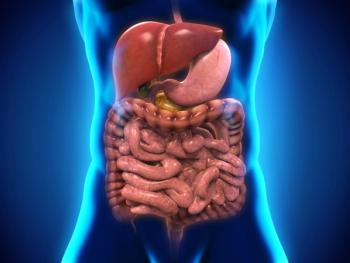
Patients with advanced biliary tract cancer received a clinically meaningful and statistically significant overall survival benefit after being treated with durvalumab and chemotherapy.

Investigators believe that a systems-based intervention could reduce or even eliminate racial gaps in cancer treatment completion and improve outcomes.

CancerNetwork® spoke with Debra Patt, MD, PhD, MBA, about the role of telehealth in caring for patients with cancer during the COVID-19 pandemic and beyond.
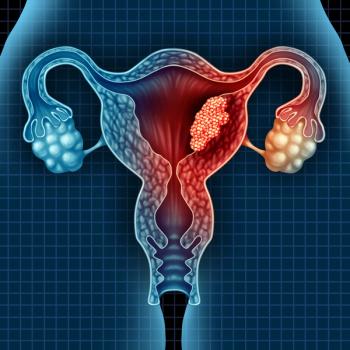
Patients with platinum-resistant ovarian cancer appear to benefit from treatment with nemvaleukin alfa and pembrolizumab, a combination which was granted a fast track designation for this indication by the FDA.
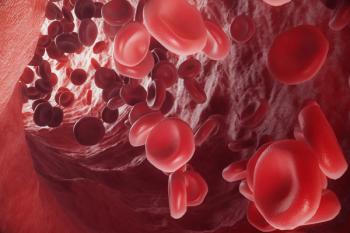
Following discussion with the FDA, INN melphalan flufenamide has been withdrawn from market in the United States based on data from the phase 3 OCEAN study.

Despite not meeting its primary end point of superior progression-free survival, the phase 3 SOLSTICE trial’s secondary end point analysis will continue in patients with unresectable metastatic colorectal cancer being treated with trifluridine/tipiracil and bevacizumab.

The VENTANA PD-L1 Assay, a companion diagnostic for atezolizumab in select patients with non–small cell lung cancer, was approved by the FDA based on the phase 3 Impower010 trial.
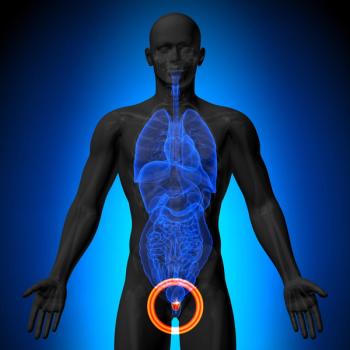
BXCL701 and pembrolizumab may resolve the need for FDA-approved therapies for patients with small cell neuroendocrine prostate cancer, according to investigators.
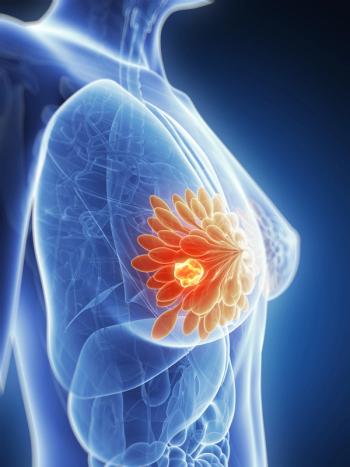
Patients with estrogen receptor–positive, HER2-negative advanced or metastatic breast cancer experienced a progression-free survival benefit after being treated with elacestrant.

Investigators compared tradeoffs in breast cancer screening strategies in Black patients vs White patients.
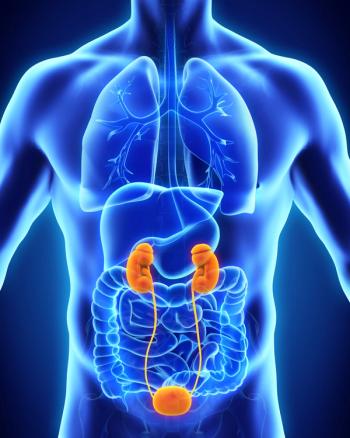
Patients with Bacillus Calmette-Guerin–unresponsive non-muscle invasive bladder cancer experienced a disease-free survival benefit when treated with intravesical Bacillus Calmette-Guerin and a novel IL-15 superagonist complex .

Sintilimab with or without a bevacizumab biosimilar injection, combined with chemotherapy yielded promising findings in a population of patients with EGFR-mutant nonsquamous non–small cell lung cancer who have previously been treated with an EGFR tyrosine kinase inhibitor.
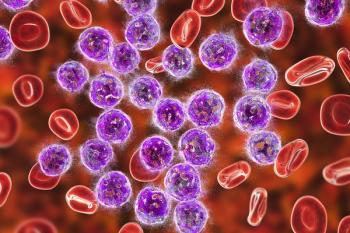
In an interview with CancerNetwork, Yazeed Sawalha, MD, discussed how socioeconomic factors can affect use of autologous stem cell transplant in multiple myeloma and lead to disparities.
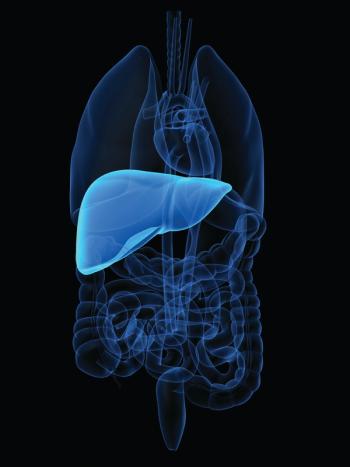
Patients with unresectable hepatocellular carcinoma appeared to benefit from treatment with durvalumab and tremelimumab, according to findings from the phase 3 HIMALAYA trial.

The FDA has given the Ki-67 IHC MIB-1 pharmDx assay a companion diagnostic approval for detecting Ki-67 expression in patients with high-risk early breast cancer who are being considered for treatment with abemaciclib.

Treatment with stereotactic ablative radiotherapy yielded non-inferior long-term survival compared with video-assisted thoracoscopic surgical lobectomy with mediastinal lymph node dissection in operable stage IA non–small cell lung cancer.

Findings from the phase 1 CARBON trial indicated that patients with relapsed/refractory CD19-positive B-cell malignancies may benefit from CTX110 CAR T-cell therapy.

The FDA has approved the use of pembrolizumab plus chemotherapy with or without bevacizumab in patients with persistent, recurrent, or metastatic cervical cancer who have PD-L1 expression identified via an FDA-approved test.

Clinical trials featuring rusfertide may resume dosing patients after the FDA lifted a full clinical hold on the therapy’s clinical studies.

Pediatric patients with medulloblastoma may experience benefit from 177Lu-omburtamab-DTPA, which was granted a rare pediatric disease designation by the FDA.

Patients with chemotherapy-refractory, high-risk acute myeloid leukemia achieved promising benefit from treatment with ficlatuzumab and cytarabine.

Patients with solid tumors and an NTRK gene fusion who experienced progressive disease appear to derive benefit from repotrectinib, which received a breakthrough therapy designation from the FDA.
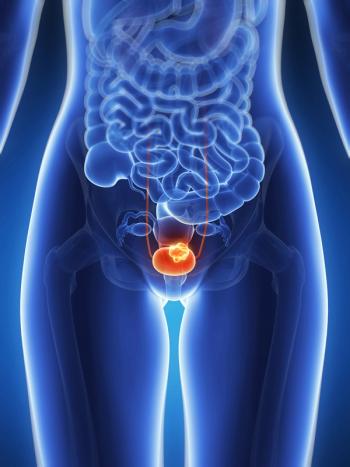
Patients with metastatic urothelial carcinoma did not derive further benefit from the addition of berzosertib to cisplatin and gemcitabine.

Continued overall survival improvement has been observed at landmark time points in patients with mantle cell lymphoma following treatment with autologous hemopoietic stem cell transplant.
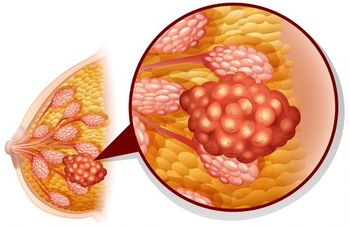
Patients with unresectable or metastatic HER2-positive breast cancer who have received one or more HER2-targeting agents in prior lines of therapy may benefit from treatment with fam-trastuzumab deruxtecan-nxki, which received a breakthrough therapy designation from the FDA.

The FDA has approved the use of CD19-directed CAR T-cell therapy brexucabtagene autoleucel for adult patients with relapsed/refractory precursor acute lymphoblastic leukemia.

Treatment with nivolumab/ipilimumab and nivolumab/chemotherapy has demonstrated efficacy in unresectable advanced, recurrent, or metastatic esophageal squamous cell carcinoma, with results from the CheckMate-648 trial leading to the acceptance of the regimens’ applications by the FDA.

Patients with early breast cancer appear to have consistent prognostic value associated with residual cancer burden, regardless of disease subtype.

Multimedia intervention Starting the Conversation successfully encouraged discourse about sexual health among patients with breast cancer and reduced anxiety.